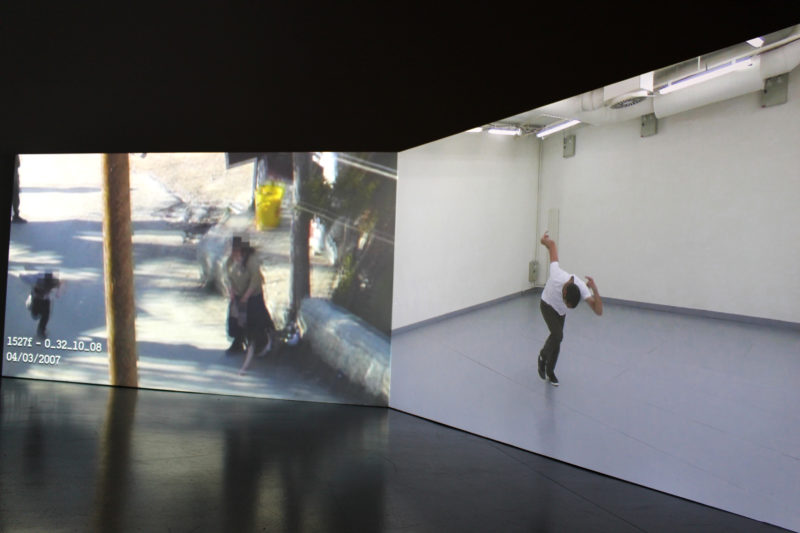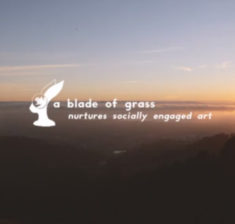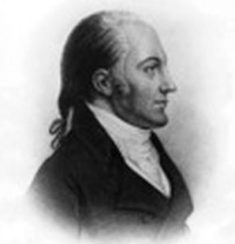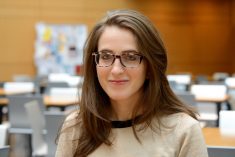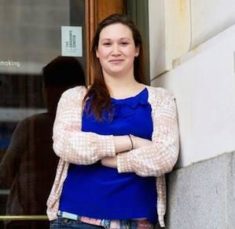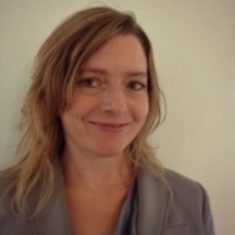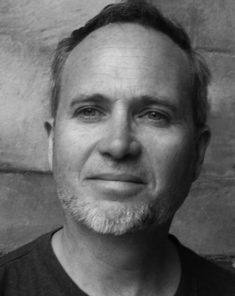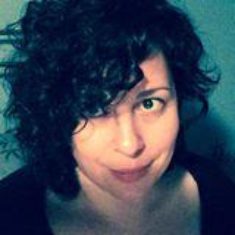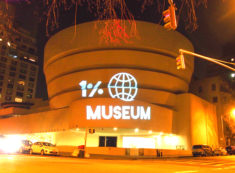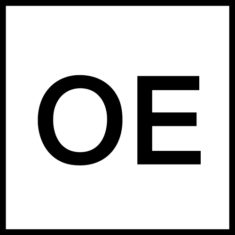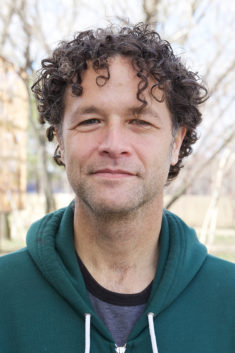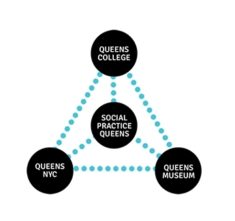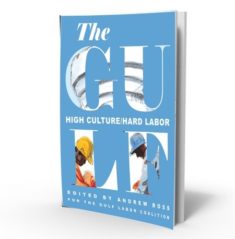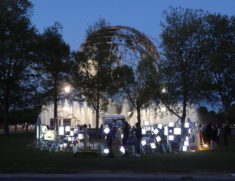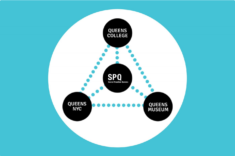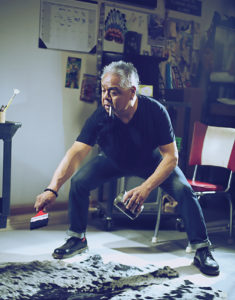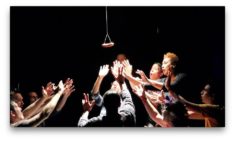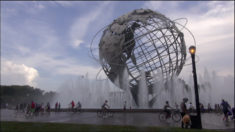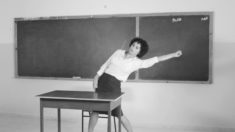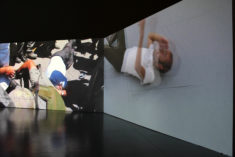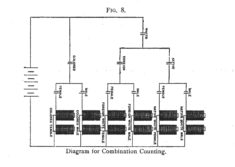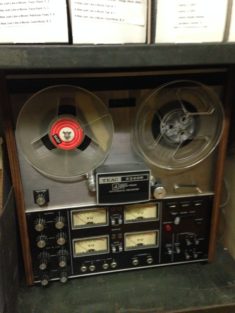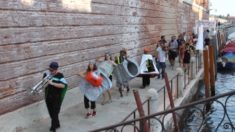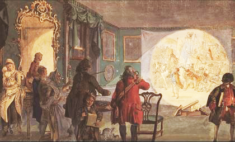About the research group
The Social Choreography research group, led by Paul Ramirez Jonas and Gregory Sholette, builds on the rich legacy of social practice art and socially engaged art in New York City since the 1960s.
Paul Ramirez Jonas initiated The Hidden Curriculum, a diverse student research group operating out of the Hunter College MFA program. The group brings together participants across CUNY to develop an online library of key cultural texts in translation into many languages, calling into question the hegemony of English in international artistic discourse. This classroom and digital initiative investigates the shifting meaning of translations by individuals from different cultures, ethnicities, languages, gender identities, ages, and geographies. The group presented their research and staged a performative intervention at Open Engagement, an annual conference devoted to socially engaged art practices this past spring.
Gregory Sholette, together with a variety of community partners including the collective GULF LABOR, organized the Precarious Worker’s Pageant, an artist-activist performance at the Venice Biennale. Stemming out of his work with artists advocating for global labor rights, Sholette, along with independent study student Jennifer Avril and artist Chloe Bass, will edit Art as Social Action, a textbook on socially engaged art practices. This work has also led to lectures around the world; exhibitions at MIT's Keller Gallery, the Museum of Modern Art (Warsaw, Poland), and the Tompkins County Public Library (Ithaca, NY); essays in Field: A Journal of Socially Engaged Art Criticism, Future Imperfect: Contemporary Art Practices and Cultural Institutions in the Middle East, and the catalog for Wafaa Bilal: 168.01; and Sholette's book Delirium & Resistance: Art Activism & the Crisis of Capitalism (Forthcoming, Pluto Press, 2017).
In addition, Katherine Carl, curator of the James Gallery, organized the exhibition Capture Practice: Arkadi Zaides, along with a related series of public programs, and worked with GC PhD students in Art History to form a peer-led research and working group. Monthly presentations of the working group have taken the form of delivered papers, guided discussions, film screenings, artist talks, and exhibition proposals. Students from this group organized the conference Scales of Visibility in Global Indigenous Art.
